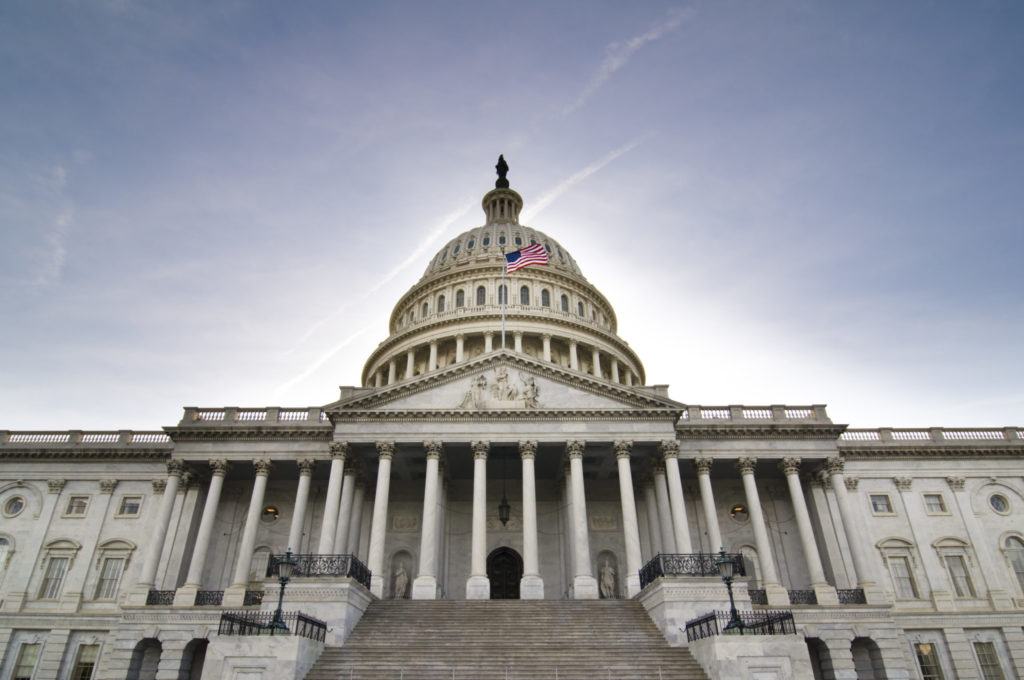
On April 24, President Trump signed off on a new $484 billion COVID-19 relief package designed to primarily help small businesses and hospitals while also providing funding to assist states with much-needed coronavirus testing kits. The latest relief package, which received overwhelming bipartisan support from the Senate and House, comes just weeks after the rollout of a $349 billion aid package that was depleted April 16, barely three weeks after it was signed by President Trump.
Unlike the previous relief package, the new $484 billion stimulus bundle will help more “true” small businesses around the country, according to Scott Humphrey, CEO of the World Floor Covering Association (WFCA).
“This new package will provide an additional $300 billion to the Payroll Protection Program (PPP),” he explained. “Of that amount, about $125 billion would be earmarked for ‘true’ small business without access to large financial institutions. Also, the Economic Injury Disaster Loan program (EIDL) would get an additional infusion of approximately $60 billion.”
The loan proceeds from PPP, which Humphrey said were “gobbled up by larger entities and franchise locations,” can be used to cover payroll costs and most mortgage interest, rent and utility costs over the eight-week period after the loan is made. Under this plan, employee and compensation levels are maintained. EIDL funding, by comparison, is intended to cover payroll and other operating expenses that the business could have otherwise met in a non-disaster economy. Critics of the initial small business stimulus plan say the bulk of the monies went to larger companies—not the small retailers and mom-and-pop operations for which it was intended.
An Associated Press investigation showed 75 companies that received loans in the previous $349 aid package are so big that they are publicly traded. Furthermore, the report found some of those companies have a market value of $100 million or more.
“I have spoken to many retailers who have received funding— some that were in the process of applying but funding ran out prior to approval and some yet to start,” Humphrey explained. “There is no doubt that this additional funding is much needed. But for some retailers, it is coming too late; for others, it could make all the difference in their ability to open their doors again once restrictions are lifted.”
Retail reacts
Those specialty flooring retailers who applied for loans on the first go-round cite the complexities of the application process. “The stimulus guidelines are confusing—even to banks and CPAs,” said Michelle Winters, co-founder of Texas-based New Braunfels Flooring Design Center. “The one thing that’s for certain is receiving any of the funds that will be made available will require paperwork preparation, and the more accurate your supporting documentation, the smoother things will go. We’ve checked and double-checked our books to compile completely accurate documentation in preparation for utilizing the EIDL while maximizing the PPP loan. All small businesses should research the CARES act and understand the eligibility criteria.”
Another criticism of the first stimulus application process was the technical difficulty users discovered when trying to navigate the process. The Small Business Administration (SBA), which runs the program, said it was primarily due to volume overload given the thousands of businesses affected, but added it has subsequently addressed those issues.
At the same time, even some credit-worthy store owners were denied loans by their banks due to the high number of applications. While some of these banks say they are trying to avoid becoming overleveraged on these loans—which could trigger additional repercussions throughout the financial system—retailers say they lost precious time trying to make sense of it all and find lender alternatives.
However, experts say it’s critical that retailers keep trying to secure funding until the economy gets going again. As Lou Morano, president of the Florida-based, five-store Capitol Carpet & Tile chain, put it: “If you’re going to make it through to the other side, you have to borrow the money.”
In addition to this latest stimulus package, Congress said it is considering legislation that could result in an additional $1 trillion in aid for businesses and consumers alike.
